Tulip Tree hit its 9-year anniversary on April 1st, 2022! To celebrate we wanted to share the top 9 tools that every business should use, and any business can afford. While, we don’t know your marketing budget, we do know that you can afford these tools… because they are free! Read the list below, write them down or copy and paste them to your notes. (You won’t want to forget these!)
1. Brand Guidelines
The importance of having brand guidelines may not be talked about as much as it should. Brand guidelines will make sure that your brand elements are used effectively and consistently. Providing these guidelines to staff, other businesses, and your media reps is essential to make sure that your brand is consistently recognizable and is not represented incorrectly. Here is what you typically find in brand guidelines:
- Logo Usage
- Color Palette
- Editorial Style Guide
- Mission Statement
- Buyer Persona
- Graphic Elements
2. Google My Business
Google My Business (GMB) allows your business information and location to be found in local search results, and the best part is that it is free! In addition to your business info, GMB lets you post content on your profile as well. The posts can stir up interest and build trust with clients that find you online, it’s also a great place to advertise your services and upcoming events.
Start your GMB profile here.
3. Social Media
Some people love social media, and others despise it. But, no matter what your personal stance is on it, it’s a very useful tool for businesses as it can help you be found in online searches and get you in front of a wider audience.
Each social media platform has a specific demographic of users, which means that not all social media platforms are right for every business. LinkedIn is great for targeting professionals and Facebook has an older audience than Instagram or Tik Tok. Keep audience in mind when choosing which platform(s) to use: if your target audience for your business is older, then Facebook is for sure the best platform for you to start on. If your goals are to expand your target audience to the younger generations, then creating content for Instagram and Tik Tok is a better fit to reach that goal.
4. Google Analytics
Setting up Google Analytics on any website allows you to track online traffic, understand user behaviors, find your target audience, and more. With all the information that you can gather from Google Analytics, it will help with understanding what you are doing well and what could be improved on. It’s also very valuable for your marketing material and messaging!
Start gathering analytics here.
5. Google Reviews
Reviews on your Google Business Listing are a great way for people to gain trust in your business and see what clients like and dislike about your business. Negative reviews are never fun to receive but are useful insights and allow you the opportunity to show the public how you will respond to criticism.
It’s important to engage with your review audience, by both responding to reviews, as well as ask for reviews on social media, your website, and other marketing. The more reviews, the better!
You can access/respond to reviews via GMB.
6. Mailchimp
Collecting emails from clients is invaluable for future marketing to your existing clients. Emails are more of a cost-effective and personal way to reach your previous clients to let them know about services you offer, upcoming events, or even deals that are going on. Emails aren’t something you can (legally or ethically) buy, so collecting them is important. Once you have them, using an email service such as Mailchimp makes it super easy to use marketing emails as a way to communicate.
Most people prefer email communication over any other method, and studies show that emails convert subscribers into customers for businesses that have a monthly email that goes out. So, once you have an email database started, make sure and send out regular emails to stay in contact with your customers!
Start your monthly email campaigns with a free Mailchimp account here.
7. Your Website
While probably not free to create, if you do have it, it’s important (and free if you do it yourself) to update regularly, blogging, etc., to help show up on searches. It’s simple, but essential for your business to be relevant and trustworthy. Make sure your employee page and business info are up-to-date along with your current contact information and hours. Having outdated info and incorrect business hours can cause frustration and make your business look unreliable. Information should be current and consistent on your website and all social media platforms.
8. Website Grader
Just having a website isn’t enough these days, it needs to work well, load quickly, and be easy to use for your audience in order to produce the best results. How do you know how well it preforms? Get it graded. A website grader tells you what is working well and what isn’t for your website visitors. From SEO to content clarity, a website grader will give you useful feedback to improve your site.
Nibbler is our favorite website grader and it’s free!
9. Yoast (and other WordPress Plugins)
If you have a WordPress website, take advantage of the many free plugins available. We especially like Yoast, as it helps you optimize keyword variations and give you suggestions on internal linking. Yoast also notifies you to update important content to improve your pages for social media.
MonsterInsights Lite and RafflePress are a couple other free WordPress plugins that can benefit your business.
Keep your wallet in your pocket, take these 9 tools and run with them! We know that marketing can take a lot of time to do well and consistently, but with these tools at least it won’t cost you anything. Need some more marketing advice? Find more useful information here.



